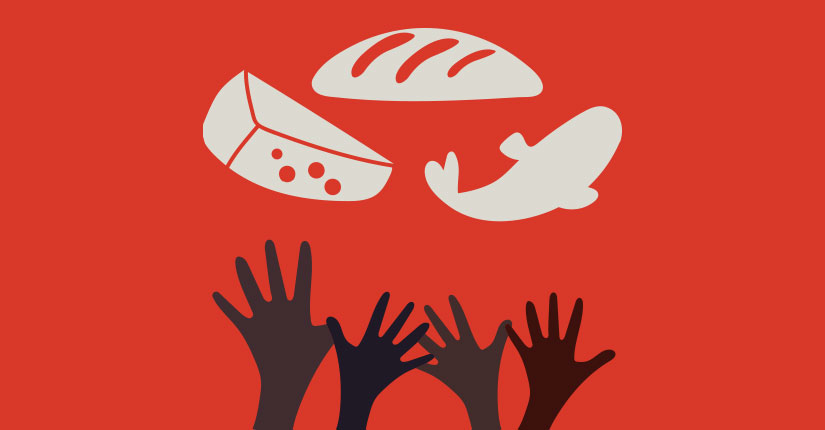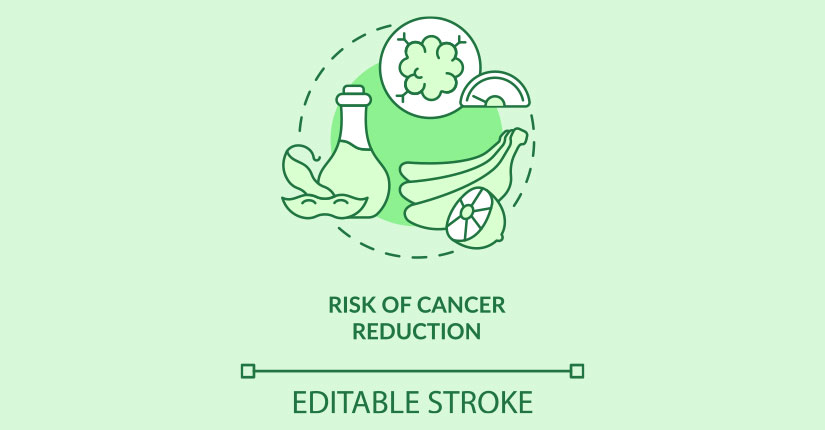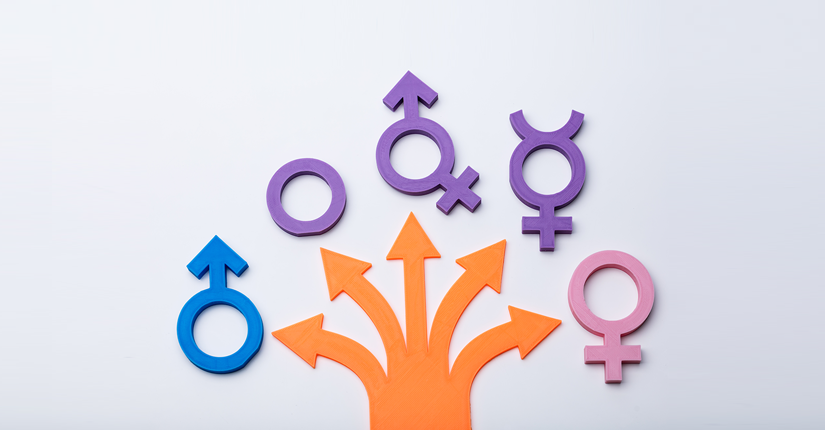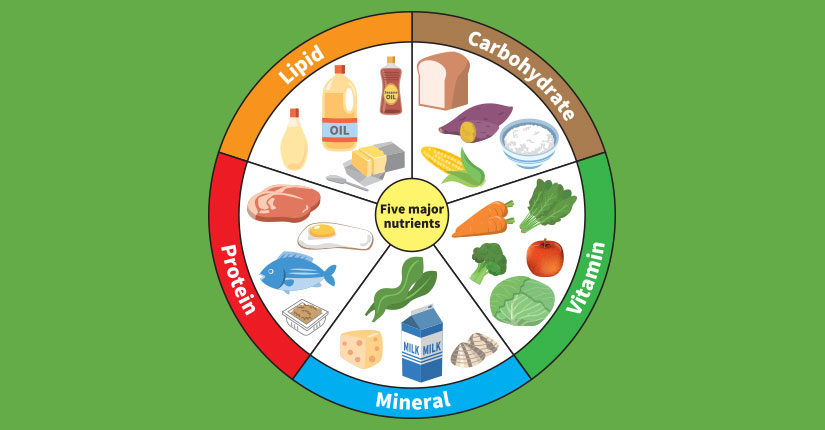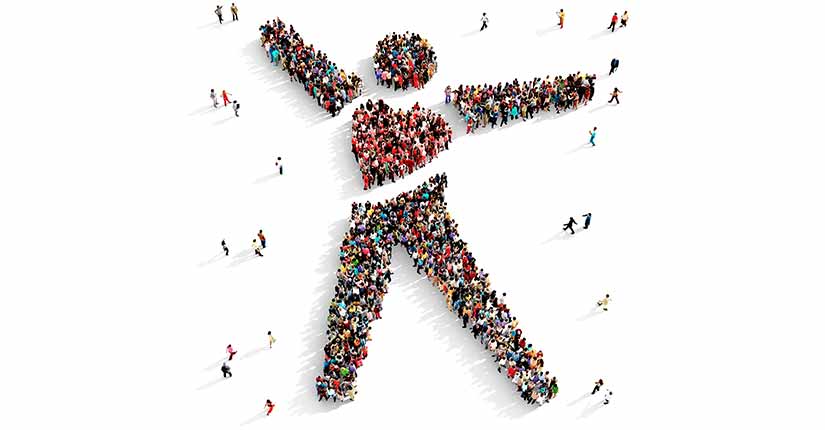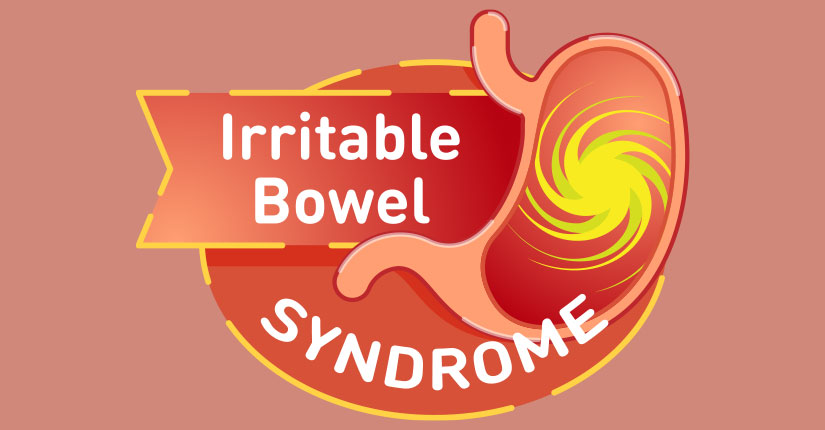WHO Tweeted That The Health Of Migrant Workers Is Also Put At Risk
By Nmami Agarwal 23-Jul 2022 Reading Time: 3 Mins
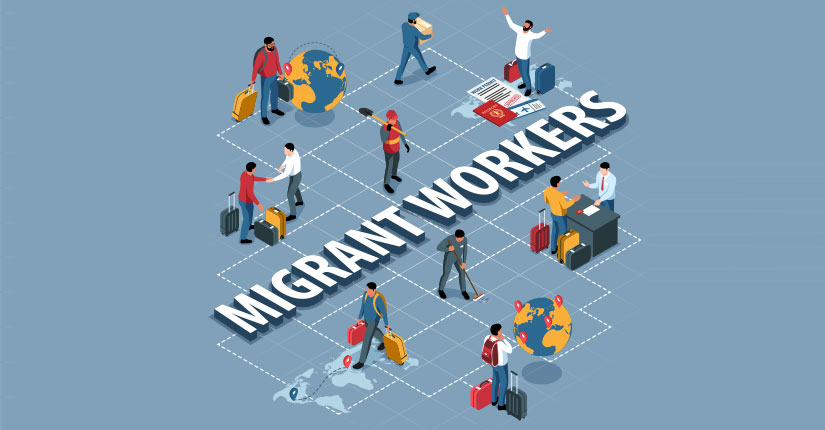
The World Health Organisation report shows poorer health outcomes for many vulnerable refugees and migrants. Today there are some one billion migrants globally, about one in eight people. The experience of migration is a key determinant of health and wellbeing, and refugees and migrants remain among the most vulnerable and neglected members of many societies.
The health of migrant workers is also put at risk because they are:
- less likely to use health services
- more likely to have had an occupational injury
Around the world, millions of refugees and migrants in vulnerable situations, such as low-skilled migrant workers, face poorer health outcomes than their host communities, especially where living and working conditions are sub-standard, according to the first WHO World report on the health of refugees and migrants. This has dire consequences for the probability that the world will not achieve the health-related Sustainable Development Goals for these populations.
Based on an extensive review of literature from around the world, the report demonstrates that refugees and migrants are not inherently less healthy than host populations. It is, rather, the impact of the various suboptimal health determinants, such as education, income, housing, and access to services, compounded by linguistic, cultural, legal, and other barriers and the interaction of these during the life course, that are behind poor health outcomes.
While lack of comparable data on the health of refugees and migrants across countries and over time often impedes good policy development towards health equity, policies and frameworks do exist that address and respond to the health needs of refugees and migrants. However, disparities in health outcomes remain and the report shows that they are mainly due to a lack of meaningful and effective implementation of policies.
Implementing inclusive health systems that conform to the principle of the right to health for all and universal health coverage would permit individuals in need of health services to be identified and supported early before many problems become acute. Health systems are only as strong as their weakest link. The inclusion of refugees and migrants is a worthwhile investment for the development and well-being of societies around the world.
Over To You:
Health does not begin or end at a country’s border. Migratory status should therefore not be a discriminatory factor but a policy driver on which to build and strengthen healthcare and social and financial protection.



